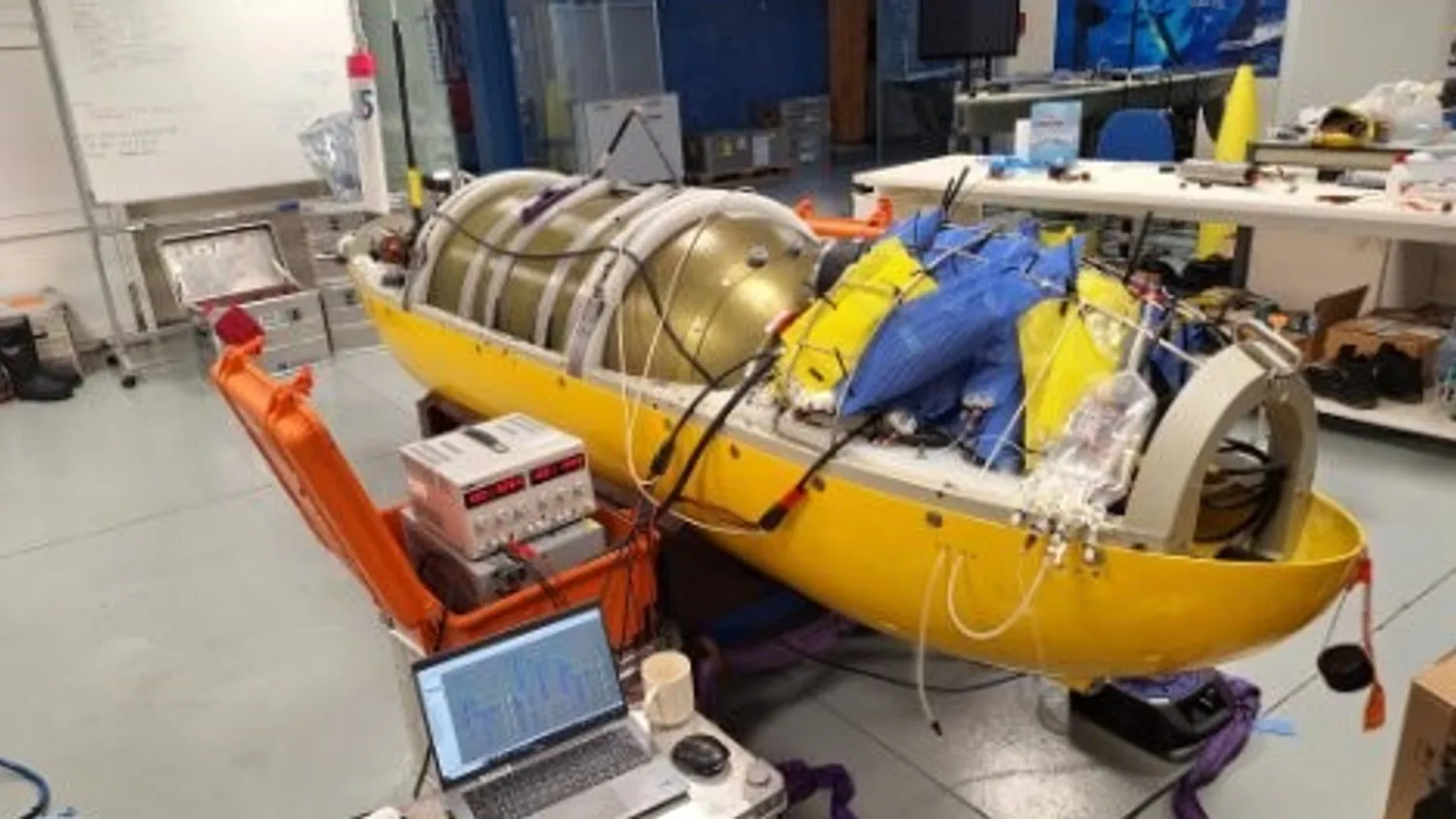Any oceanic research, whether it focusses on oceanography, ecosystem health, biodiversity, weather influence or any other areas, requires scientists to develop inputs-driven understandings of the current state of the ocean, probable near-to-long term changes and the resulting effects these may have. Accurate oceanic modelling is critical not only to all marine researchers, but also those industries who rely on the sea, either through a primary (such as fishing) or secondary function (such as shipping).
The focus of Theme 3 is therefore to develop a suite of new microsensors that will address a range of essential ocean variables by providing information about key biogeochemical and biological ocean parameters that are necessary for the development of the models that underpin our collective efforts to better understand the ocean.
Work package 5
This WP simultaneously developed three key microsensing technologies to the point of validation in a lab environment. These technologies included a bio-assay-enabled Lab-on-Chip (LOC) for assessing biotoxins and organic contaminants, a miniaturized and enhanced biogeochemical LOC for the rapid analysis of multiple analytes, and a micro-cytometer for phytoplankton and microplastic detection and analysis.
Lead:
- Prof. Fiona Regan
- DCU
- fiona.regan@dcu.ie
Work package 10
This WP synthesized the components, assays, insights, and loosely integrated systems developed in this theme’s WP3, the miniaturization work in WP5, and the cross-cutting aspects of WP6. It also incorporated broader aspects of the project to harmonize the microsensors with other platform systems. This WP produced prototypes of the biogeochemical and bio-assay LOC sensors and the microcytometer for validation in coastal and simulated environments.
Lead:
- Prof. Fiona Regan,
- DCU
- fiona.regan@dcu.ie
Work package 15
WP15 further advanced the Theme 3 microsensors to produce robust and operational bio-assay-enabled LOCs, biogeochemical LOCs, and microcytometers, building on the results of test exercises. Lessons learned from demonstration missions were incorporated into the designs and operational procedures of the prototype systems, providing eventual users with both the technology and enhanced documentation on their deployment and other best practice considerations.
Lead:
- Dr Allison Schaap,
- NOC
- allison.schaap@noc.ac.uk
